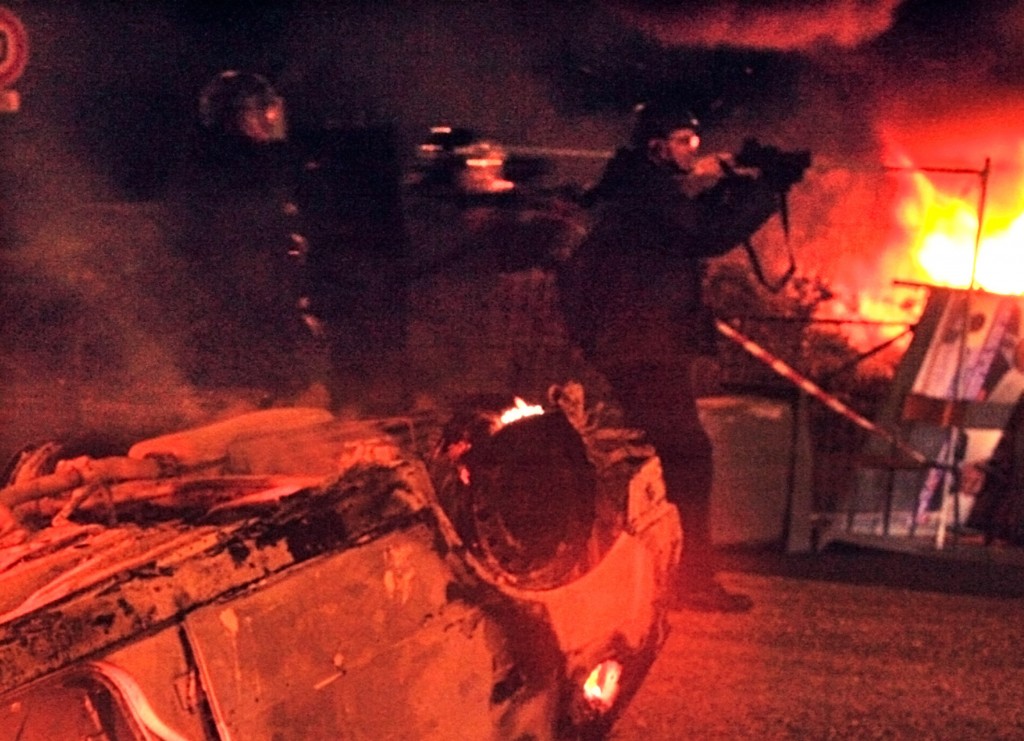OF THE
TIMES

They have seen this movie before. In 2002, the Bush administration "provided training, institution building, and other support to individuals and organizations understood to be actively involved in the military coup" that briefly overthrew then-President Hugo Chávez, according to the State Department. After the coup failed, Washington stepped up funding to opposition groups, which has continued to this day.Also see:
These leaders respect Maduro and have every reason to believe him when he says he is trying to prevent violence. The government has arrested at least 21 security officers so far. Despite crimes committed by individual security officers, there is no evidence that Maduro's administration has intended to use violence to repress dissent. Since the protests began, most of the deaths associated with them have been at the hands of protesters, not security forces.

Comment: According to Dr. Anna Salter, many pedophiles lurk in organizations where they have easy access to vulnerable children. The best protection we may provide is to educate ourselves and our children so as to have a better understanding of how these predators operate and learn how to spot them before it is too late. Knowledge protects!
Predators: Pedophiles, Rapists, and Other Sex Offenders, Who They Are, How They Operate, and How We Can Protect Ourselves and Our Children
SOTT Talk Radio: Predators Among Us - Interview With Dr. Anna Salter